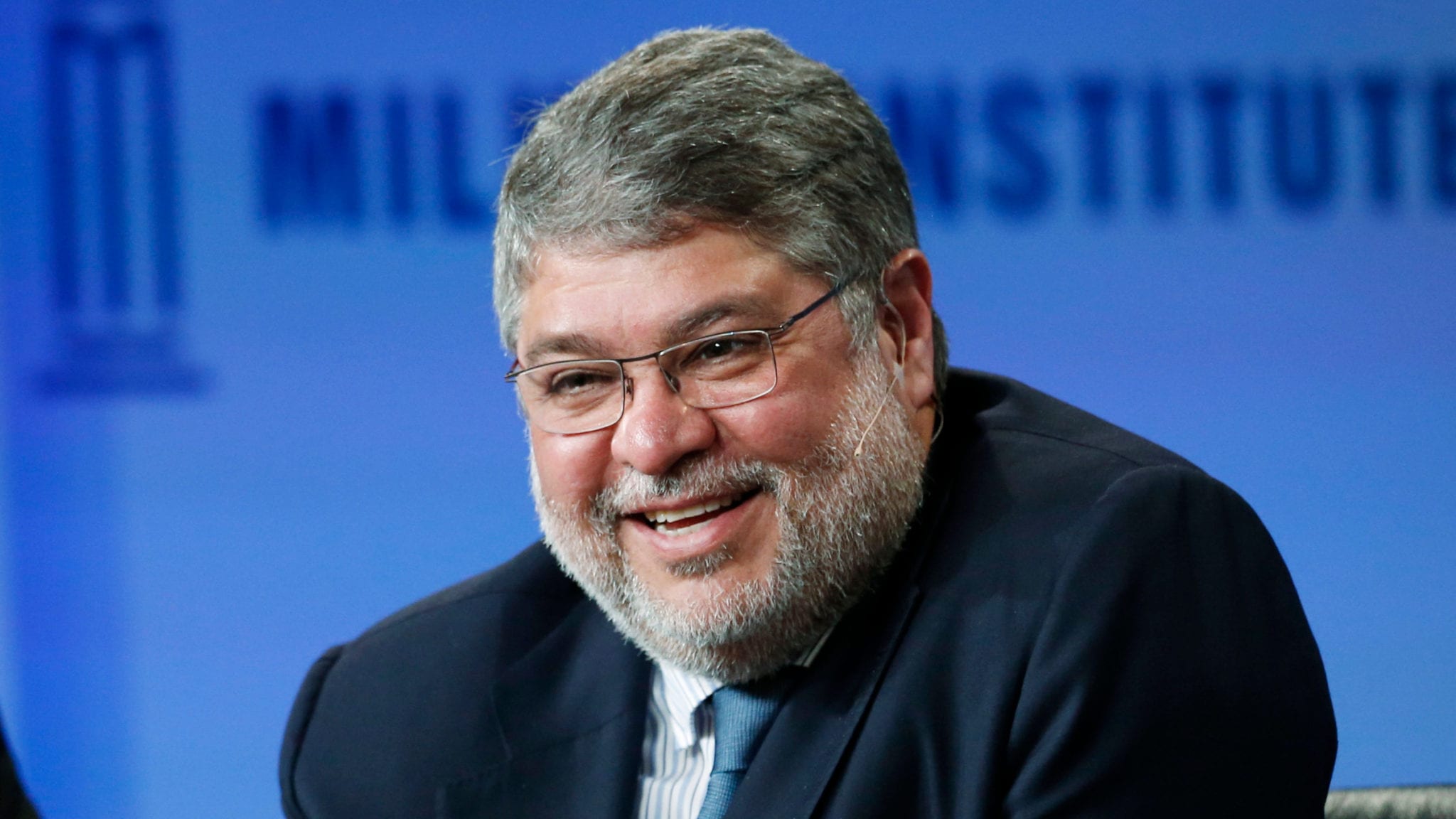
Pablo Legorreta, Royalty Pharma CEO (Patrick T. Fallon/Bloomberg via Getty Images)
Royalty Pharma nabs $475M milestone from Pfizer upon migraine nasal spray OK
The FDA’s recent approval of Pfizer’s migraine nasal spray was also good news for Royalty Pharma, triggering a whopping $475 million milestone payment. …
Sign up to read this article for free.
Get free access to a limited number of articles, plus choose newsletters to get straight to your inbox.